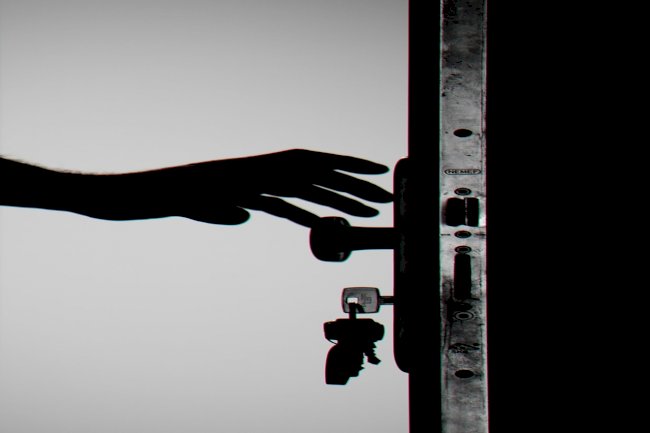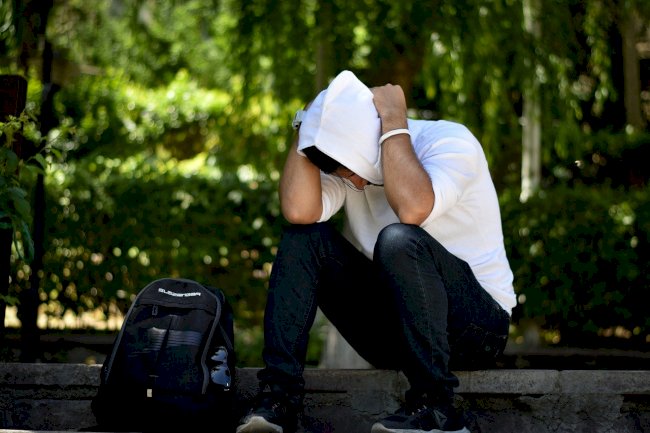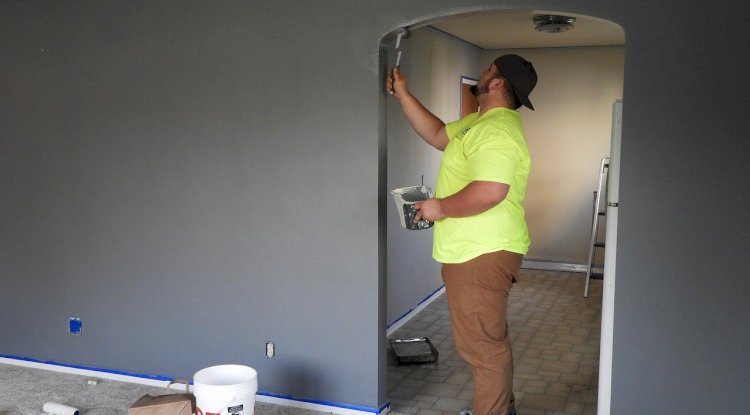5 Things You Need To Know About Tenant Injuries
5 Things You Need To Know About Tenant Injuries

It is important that the property is safe and in good condition for you so that you do not harm tenants, visitors or the landlord himself. Here is what you need to know about tenant damage and how it affects the landlord.
When is a landlord accountable for injuries?
The landlord is responsible for damage/injuries caused to tenants or visitors in the following cases:
- The common parts of the property are in poor condition or cannot be repaired when damaged.
- The property is in danger of causing accidental injury to tenants.And the landlord did not notify them.
- Negligence on potential land that could lead to property damage and premature maintenance.
- Foreseeable land that may harm residents.
The tenant must prove that he did not perform his services or obligations, and that the landlord did not comply with basic care obligations and did not live on the property. For example, if a tenant is injured in the property due to broken stairs, broken ceilings or even poor maintenance of the floor, he can claim compensation from the landlord. The landlord is liable for such damage suffered by the tenant.
What is the basic service standard?
In the event of damage to a tenant, basic services include a sense of responsibility for the property, its maintenance and provision for future damage. If this is not observed and the tenant is injured, this can lead to the landlord having difficulties in being sued. and then compensation.
Damages that a tenant can claim
If the landlord is responsible and liable for the damage caused to the tenant or even a potential tenant who has come to visit, he can claim damages for the following:
- Medical expenses
- Loss of income
- Loss of personal possessions, if any
- Physical and mental suffering caused
What isn't protected in tenant injuries?
If a rental property is damaged by the force of nature and a tenant is injured, the landlord is not obliged to pay compensation. This includes damage from fire, flood, earthquake, and theft. Insurance for the property.
How do you minimize losses from property damage?
- Constantly monitor for foreseeable property damage. If the changes aren't expensive, fix them as soon as possible.
- Keep a list of areas that need constant inspection or in time for repairs and possible damage.
- Note the deadlines for the maintenance of the property.
- Encourage tenants to point out any possible damage they could find to the property.
Also Read: Is It A Good Move To Move At A Cheaper Rent?
What's Your Reaction?




















